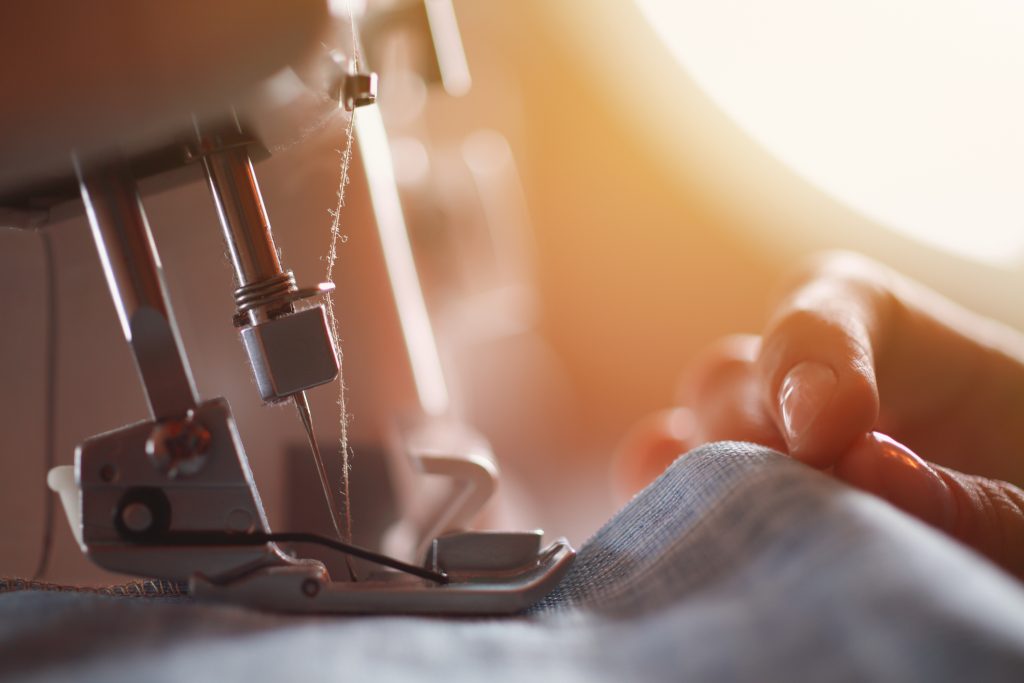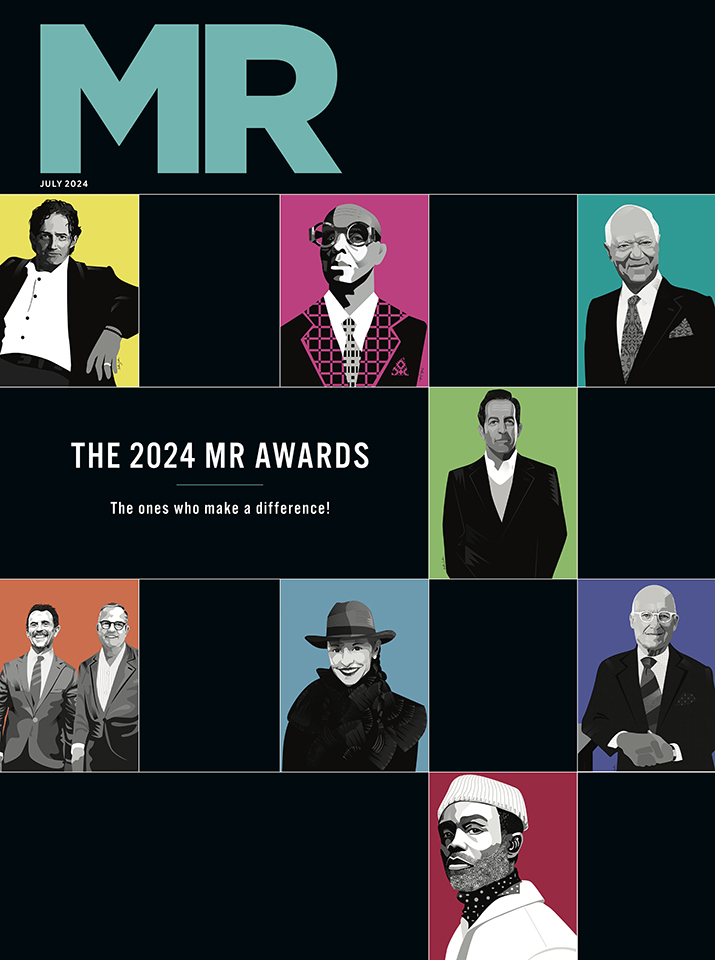NEW REPORT SUGGESTS HOW FASHION CAN COME BACK FROM COVID-19 MORE SUSTAINABLY


Boston Consulting Group (BCG), the Sustainable Apparel Coalition (SAC) and technology company Higg Co have jointly released “Weaving a Better Future: Rebuilding a More Sustainable Fashion Industry After COVID-19,” a public report that highlights how sustainability in fashion is at risk in a post-crisis world and lays out a framework for a phased rebuilding that elevates the role of social and environmental commitments within forward-looking business resiliency strategies.
The 12-page report paints a bleak picture of what the fashion industry is facing in a post-crisis world, noting the unprecedented challenges that have arisen from the crisis, including that fashion and luxury together are the most negatively impacted of all consumer goods and services, after travel and tourism. From March to April, sales decreased by 60 to 70 percent in the worldwide fashion and luxury industry – with foot traffic in retail and recreation stores down by 44 percent in the U.S., 52 percent in Germany, 78 percent in India, and 59 percent in Brazil.
“The pandemic has forced all of us to take a step back and reset our priorities. One key takeaway is that a new transparent model that showcases verified sustainable practices will have an edge over other traditional business models,” said Sanjeev Bahl, founder and chief executive of Saitex, a leading sustainable denim manufacturer.
“This is a moment of truth for fashion industry players,” added Javier Seara, managing director, partner and global leader of the fashion & luxury sector at BCG. “Companies will need to change and are already changing their businesses (every day) to adapt to the new reality. Relentlessly incorporating sustainability practices into these changes will be the critical factor that separates winners from idlers.”
Further back in the global supply chain, a survey of over 500 manufacturing facilities across all main production regions conducted by the SAC and Higg Co in April, shows 86 percent of all facilities have been impacted by canceled or suspended orders. As a direct consequence, 40 percent now struggle with paying employees, leading to layoffs and factory closures
However, it also takes a more optimistic stance on the possibilities that exist to integrate sustainability efforts into core business strategy as the industry rebuilds following the pandemic, suggesting that those who maintain commitments to supply chain partners, proactively keep an open dialogue and collaborate on solutions will benefit from the deeper trust from consumers and value chain partners alike.
“Nine out of 10 Generation Z consumers believe companies have a responsibility to address environmental and social issues. By committing to sustainability, we can secure our long-term growth, stay relevant to our customers, and establish market-leading differentiation against our competitors,” said Kate Heiny, director of sustainability at Zalando SE.
Although the future remains unknown, “Weaving a Better Future” observes that retailers and brands that are integrating their sustainability efforts more deeply into the business and not retreating from them are poised to come out of the crisis in a position of strength. The post-COVID consumer will make purchases in part based on trust and purpose, and companies will be judged on how they acted during the crisis, as well as how they prioritize sustainability and transparency after the storm has passed.


